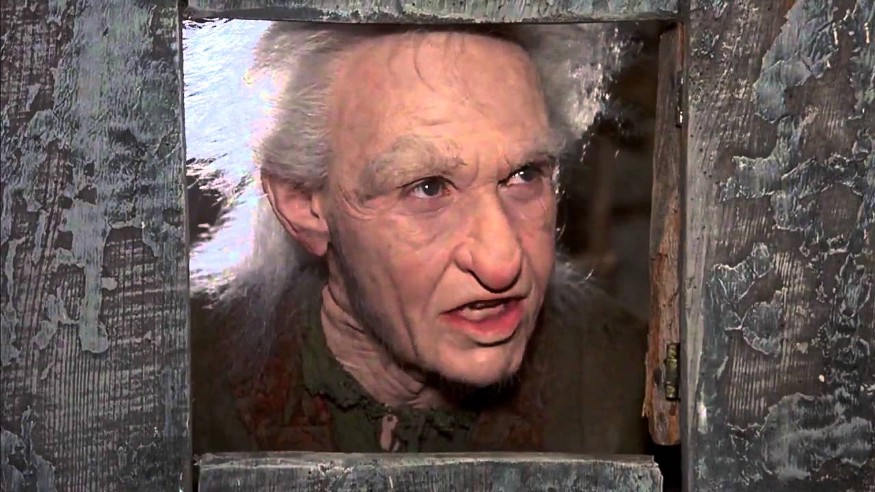Haste Makes Waste

It was fifth grade and I had the toughest teacher in the school, Miss Tang.
She was strict, she was stern.
She had a method for everything and you obeyed the method. Or you failed.
Some kids hated her. Some loved — well — some thrived in her structure, let’s settle there.
I was the latter.
The structure appealed to my desire to clearly understand the parameters and then exceed them.
Miss Tang challenged me, which I loved, hated, loved.
Here’s a crazy thing. Literally 30 years later, I still find myself repeating the ethics, embodied in her key phrases that she imprinted on us in her classroom that year.
One of these: haste makes waste.
“Haste makes waste,” she’d croon as she strolled down the aisles of the classroom, hands clasped serenely behind her back, smooth as a swan, as the class furiously scribbled English essays or social studies tests. “Haste makes waste.”
I fell victim to this edict plenty of times, be it with misspelled words, incorrect headings or sloppy writing.
“Haste makes waste,” she’d write on the top of my paper with neat red circles around my sloppy errors.
In today’s world, my haste-makes-waste pedigree shows up differently.
In the midst of the send-like-share-react-launch cacophony of my life, it’s a melodious reminder to breath, to flow, to be thoughtful, to push back from deciding too quickly.
Sometimes I use it on me. For instance, when I’m on an exploration call with a potential client, and I begin speaking before I’ve truly listened, as I did just this week, I think, “Darn it, Emily, haste makes waste.” Then I get quiet, breathe, and open my ears.
When I have convinced myself I “need” to rush to finish something before the end of the day or before a call or before I use the ladies room, any ridiculous arbitrary deadline I’ve set myself, I often stop it and think “haste makes waste.”
For most of the bigger things in life, I tend to automatically slow it down.
I take a lot of time to develop new approaches to life, new mindsets, new habits, new offerings, initiatives, or new design elements. I’m a tortoise.
For me, I need to talk about it, think about it, feel about it, ask a lot of questions about it, listen about it, meditate about it, research about it, get number nerdy over it, and then repeat.
Until I build up critical mass.
I must gather and I must not rush.
As Miracle Max in The Princess Bride says to Inigo Montoya when Inigo nudges, “Sir, we’re in a terrible rush”:
“Don’t rush a miracle man, sonny. You rush a miracle man, you get rotten miracles.”
When you rush the things that matter, what you’re giving up is the opportunity for a miracle.
The miracle of the moment.
The miracle of insight.
The miracle of alignment.
The miracle of clarity.
This applies to work, to important conversations, to dinnertimes, to shared goal-setting, to branding, to holiday recitals, to vacations.
Haste makes waste doesn’t seem to be a very popular strategy these days.
We have a seemingly endless appetite for ideas like: 10 Ways to Increase Your Business in Two Weeks, 12 Ways to Drop 5 Pounds in a Week, and 8 Tips to Become a Millionaire This Year (all real article titles) — even as we extol the virtues of meditation, mindfulness and slow food. What an interesting contrast.
In very large part, people want results yesterday.
In my work, I still far too often witness leaders brush aside getting their leadership team aligned around a common objective and defining a deep, meaningful foundation for their common work together as “emotional stuff” and instead focus mainly how much money this type of effort will to bring in the door — fast.
Miracles take time, sonny, I wanted to say.
And haste makes waste.
It did in Miss Tang’s classroom, and it does in life, in health, in families, in relationships, and sure as ship in your business, too.
For more, follow @emilyatlarge @rootandriver or visit rootandriver.com.




